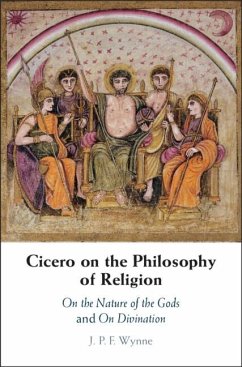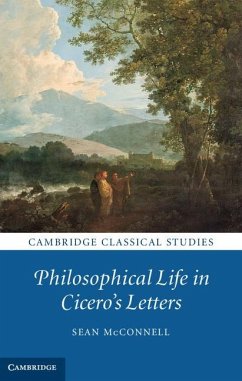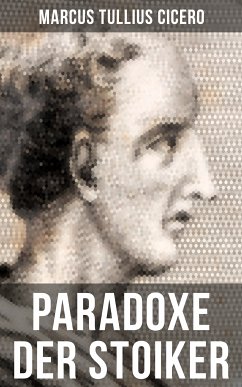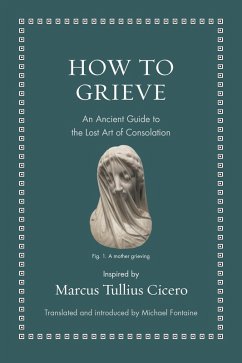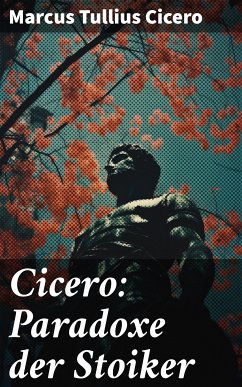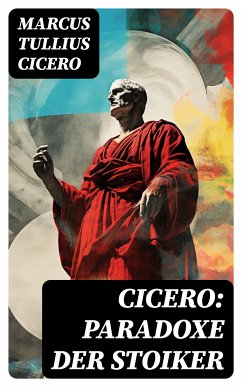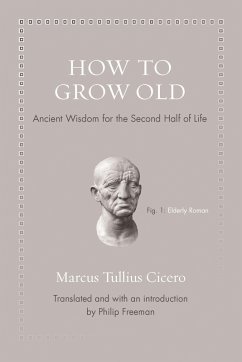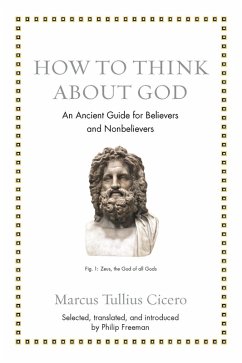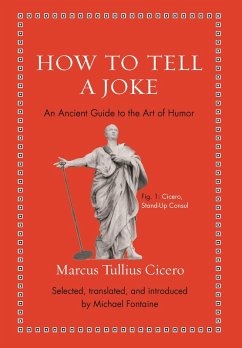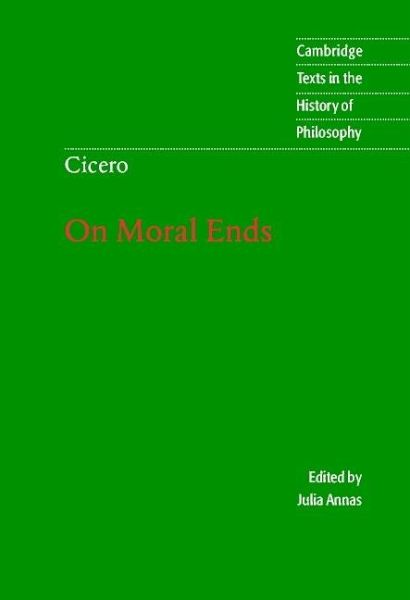
Cicero: On Moral Ends (eBook, ePUB)
Versandkostenfrei!
Sofort per Download lieferbar
18,95 €
inkl. MwSt.
Weitere Ausgaben:

PAYBACK Punkte
9 °P sammeln!
This 2001 translation makes one of the most important texts in ancient philosophy available to modern readers. Cicero is increasingly being appreciated as an intelligent and well-educated amateur philosopher, and in this work he presents the major ethical theories of his time in a way designed to get the reader philosophically engaged in the important debates. Raphael Woolf's translation does justice to Cicero's argumentative vigour as well as to the philosophical ideas involved, while Julia Annas's introduction and notes provide a clear and accessible explanation of the philosophical context ...
This 2001 translation makes one of the most important texts in ancient philosophy available to modern readers. Cicero is increasingly being appreciated as an intelligent and well-educated amateur philosopher, and in this work he presents the major ethical theories of his time in a way designed to get the reader philosophically engaged in the important debates. Raphael Woolf's translation does justice to Cicero's argumentative vigour as well as to the philosophical ideas involved, while Julia Annas's introduction and notes provide a clear and accessible explanation of the philosophical context of the work. This edition will appeal to all readers interested in this central text in ancient philosophy and the history of ethics.
Dieser Download kann aus rechtlichen Gründen nur mit Rechnungsadresse in A, B, BG, CY, CZ, D, DK, EW, E, FIN, F, GR, HR, H, IRL, I, LT, L, LR, M, NL, PL, P, R, S, SLO, SK ausgeliefert werden.





